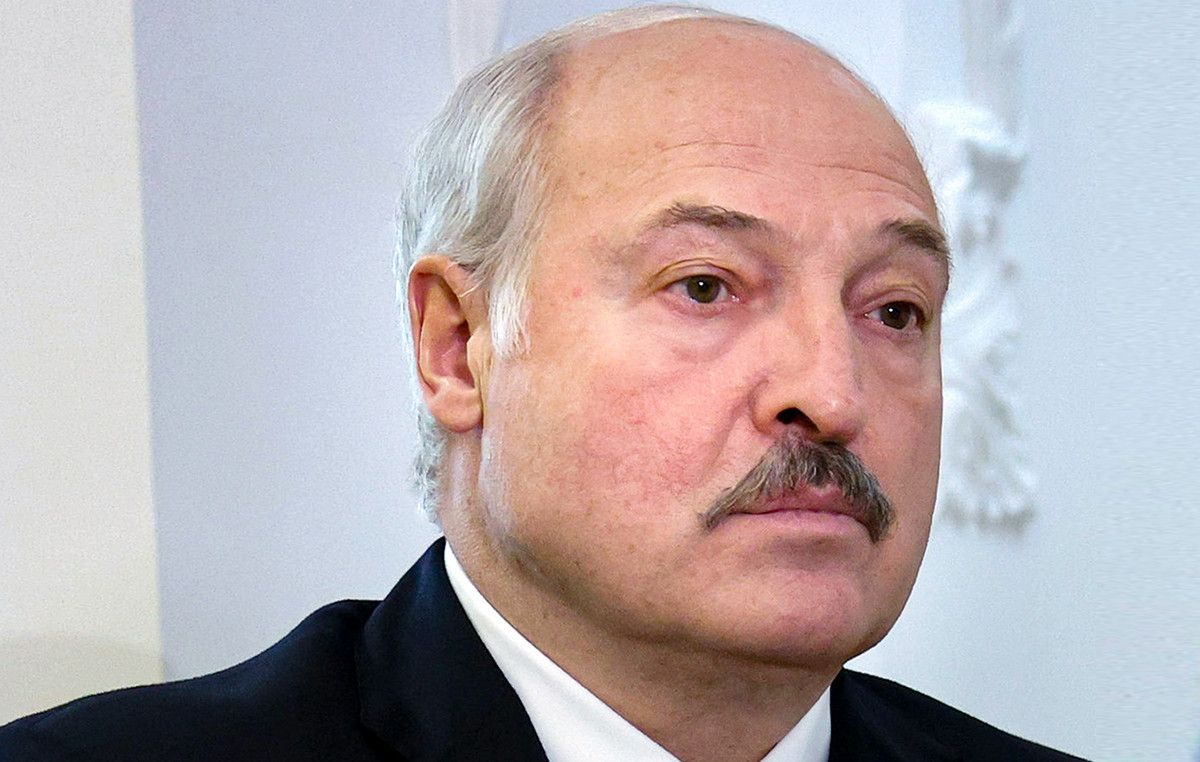The plenary of the Chamber of Deputies approved this Wednesday (1st), by 260 votes in favor and 111 against, a bill that allows the same property to be used as collateral in more than one loan. The matter now goes to the Senate for analysis.
The bill was presented in November last year by the Executive with the objective of “making the credit market more efficient for all agents, increasing supply and improving credit conditions”, according to a consideration signed by the Minister of Economy, Paulo Guedes.
“Currently, an asset given in guarantee worth R$ 1 million may be guaranteeing a credit, for example, of R$ 100 thousand. In other words, there is a large part of the guarantee – potentially up to R$900 thousand – that cannot be used in another credit operation with another financial institution. As there is no competition with other financial institutions, the credits subsequently tend to be expensive and become almost a credit/guarantee tying”, said the project’s rapporteur, deputy João Maia (PL-RN).
According to the approved text, the R$ 900,000 would be “free” to be used as collateral in other credit operations as previous debts are being paid off, he explained.
“The model proposed in the bill makes it possible for the guarantee to precede the credits and the independence of that guarantee from the original creditor. It is evident that the original creditor financial institution itself, without having these BRL 900 thousand exclusive for its own credits, must also offer a more attractive rate to the debtor in subsequent credits”, added the rapporteur.
The proposal intends to establish a new guarantee framework and also create a specialized guarantee management service through the Guarantee Management Institutions (IGGs), to be regulated by the National Monetary Council (CMN).
The IGGs will be able to assess the value of the guarantees given and, based on this value, the financial institutions will be able to define an adequate amount of credit to be taken by the interested party.
Private legal entities authorized by the Central Bank of Brazil may act as IGGs, in accordance with the rules established by the CMN. They will have the following responsibilities:
- Administrative management of guarantees made on immovable or movable property
- Constitution, submission to registration and claim for enforcement of guarantees
- Management of the risks inherent to the specialized warranty management service
- Maintenance and control of credit operations linked to guarantees
- Evaluation of real and personal guarantees
- Interconnection with financial institutions
A separation between the activities of the guarantee management institution and the typical activities of a financial institution, including credit operations, is foreseen, in order to avoid conflicts of interest.
In the Executive’s assessment, “the instrument has the potential to stimulate the reduction of interest rates, increase the number of credit alternatives and reduce operating costs for financial institutions”.

The project also expands the possibilities of attachment of family assets offered as collateral for borrowing. This point was criticized by opposition to the federal government. Currently, in general, the family good is unattachable.
“In fact, today there are cases where your property can be mortgaged. You may have to give up a property you own to pay off your debts, but that comes after a long negotiation process, a long court process. There is no automatic execution by the bank”, said deputy Sâmia Bomfim (Psol-SP).
The rapporteur, João Maia, countered the opposition’s criticisms. “The unseizability of the homestead has a fabulous appeal, but some family will pay for this rule. Certainly, who will pay will not be the bank, because it will charge ”, he said.
“Our intention is the best possible, but if the bank knows that it will not receive the guarantee, it will not lend, taking away those who only have one property in the financial system, or it will include the possibility of not recovering the guarantee in the cost of the loan. of those who can afford the financing”.
This point should not be applied to rural properties offered as collateral for financing operations for agricultural activities, except in the case of rural mortgages.
The project also establishes rules for auctions in the event of non-payment of debts.
The text also amends several laws on fiduciary alienation and mortgage, in addition to authorizing the early redemption of financial bills, before the minimum period of 1 year, when the payment of the principal and the remuneration provided for therein is linked to the payment of credit rights to they associated.
Furthermore, it predicts that Caixa Econômica Federal will lose its monopoly in relation to civil pledges. For the rapporteur, the measure will allow greater competition in the area and “will open a corridor of opportunity for citizens to access cheap credit”.
Finally, the text also intends to expand the financial institutions through which state, district or municipal governments can move resources from the Fund for the Maintenance and Development of Basic Education and the Valorization of Education Professionals (Fundeb) for the payment of salaries, salaries and benefits. of any nature to education professionals in effective practice.
Source: CNN Brasil
I am Sophia william, author of World Stock Market. I have a degree in journalism from the University of Missouri and I have worked as a reporter for several news websites. I have a passion for writing and informing people about the latest news and events happening in the world. I strive to be accurate and unbiased in my reporting, and I hope to provide readers with valuable information that they can use to make informed decisions.







